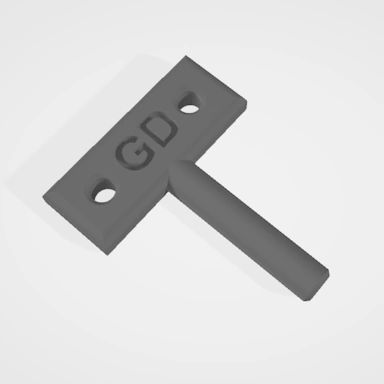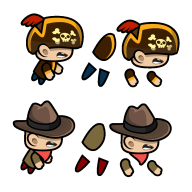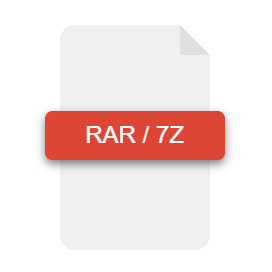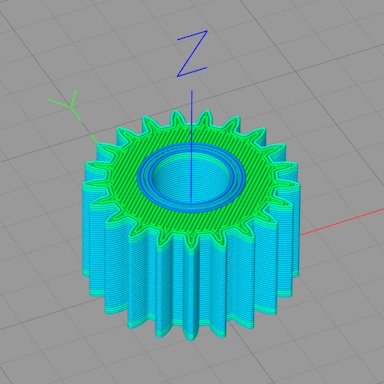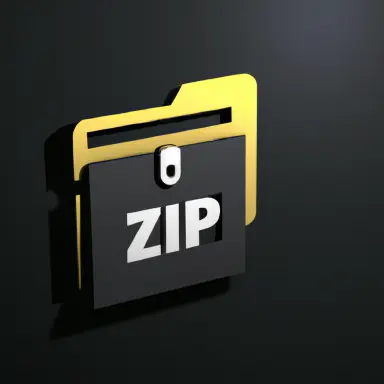Free Online PNG to SVG Converter
Here is our free-to-use PNG to SVG vector file converter tool. Our tool can accept bitmap image files such as PNG files and will convert them to a vector file suitable for printing, website use, or other applications requiring high-quality vector graphics. Our PNG to SVG converter can process up to 100 files in a single go using our batch file processor.
Or drag and drop your files here to upload.
A maximum of 100 files can be uploaded at once.
To get going, select your PNG file using the button above. Once selected, you can set various conversion parameters using the button such as to load pre-set configurations for Icon, Color Logo, and Photo PNG image files. Our vector converter will analyze your uploaded image and convert it into a smooth and scalable SVG vector file.




